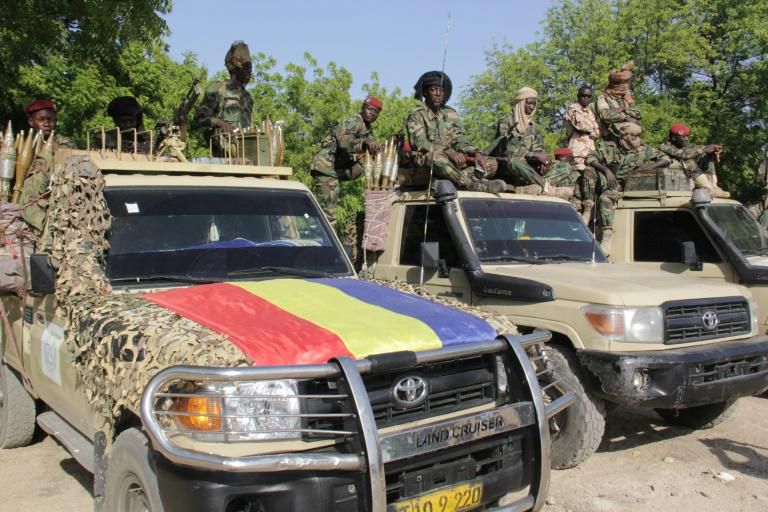Army General explains sudden resurgence in terror attacks
)
A top security expert and defence strategist, Dr. Joshua Bolarinwa, has linked the recent resurgence in terror-related activities around the Lake Chad region to Niger Republic’s reported withdrawal from the Multinational Joint Task Force (MNJTF).
Speaking on the implications of Niger’s absence, Bolarinwa, an associate professor and Head of the Division of Security and Strategic Studies at the Nigerian Institute of International Affairsrs (NIIA), described the development as a strategic setback that’s already emboldening terrorist factions like Boko Haram and ISWAP.
“Niger’s withdrawal from the MNJTF was not surprising,” he said, pointing to the aftermath of the July 2023 military coup in the country and the sanctions imposed by ECOWAS.
He suggested that diplomatic strains and pressure on the junta may have pushed the country to pull back its soldiers, particularly from key border points shared with Nigeria.
Niger’s military ruler, General Abdourahamane Tchiani maintains that the country remains part of the MNJTF. However, security observers have flagged the absence of Nigerien forces in the field.
Bolarinwa warned that the withdrawal has created dangerous gaps along the 1,608 km Nigeria-Niger border, the longest for both countries.
“The absence of military patrols is providing terror groups with fresh opportunities to regroup, smuggle weapons, and launch attacks,” he noted.

He cited recent reports of increased militant movement into border communities like Gaidam (Yobe), Mallam Fatori, and Damasak, as evidence of the growing threat.
The MNJTF, revitalised in 2015 to counter Boko Haram, once operated with about 10,000 troops from Nigeria, Niger, Chad, and Cameroon. It had recorded major successes that include liberating territories, destroying terror camps, and rescuing hostages.
However, Bolarinwa warned that the coalition’s progress could now be reversed if urgent steps aren’t taken.
“The withdrawal undermines the collective security framework, weakens Niger’s own internal security, and could destabilise the entire Sahel,” he added.
To avert a total security relapse, the general urged regional leaders to prioritise diplomatic re-engagement with Niger and revive military collaboration.
“Regional cooperation is more crucial than ever. Without it, we risk losing everything we’ve gained against insurgency,” he said.

![Aisha blows hot on Security forces; Y7ou won't believe what she said [VIDEO]](https://image.api.sportal365.com/process/smp-images-production/pulse.ng/17082024/1f976edf-1ee2-4644-8ba1-7b52359e1a8f?operations=autocrop(640:427))
)
)
)
![Lagos state Governor, Babajide Sanwo-Olu visited the Infectious Disease Hospital in Yaba where the Coronavirus index patient is being managed. [Twitter/@jidesanwoolu]](https://image.api.sportal365.com/process/smp-images-production/pulse.ng/16082024/377b73a6-190e-4c77-b687-ca4cb1ee7489?operations=autocrop(236:157))
)
)
)
)
)
)
)
,fit(112:112))
)
)
)